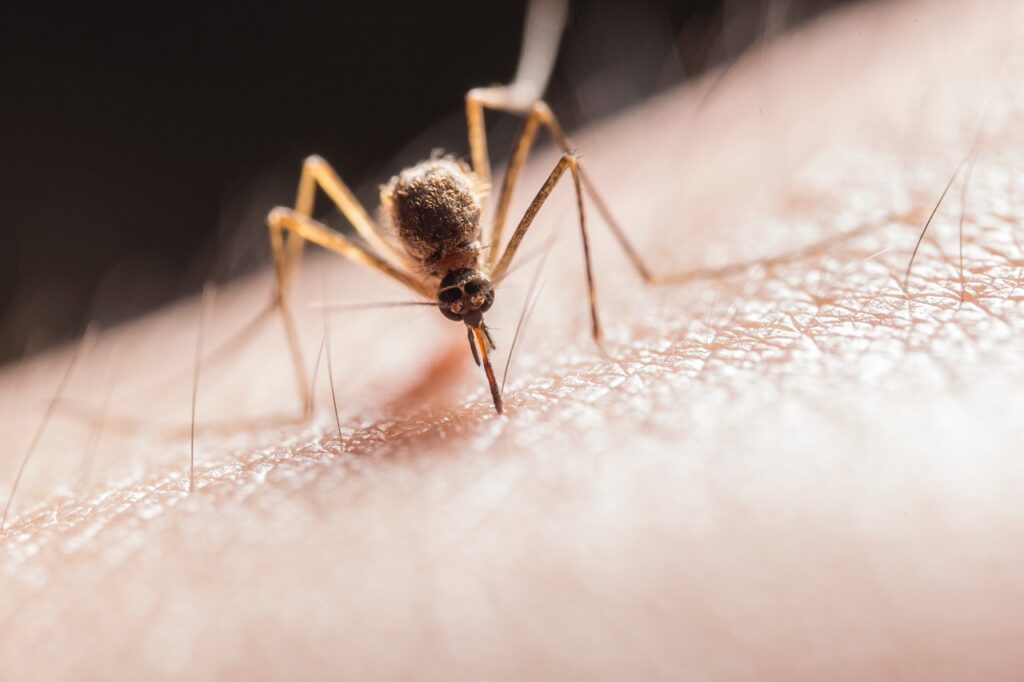Reports this week of deer in Staten Island becoming the first wild animals identified as having the Omicron variant of the coronavirus underline the urgent need for “One Health” public health strategies that look beyond the human species.
“One Health is an integrated, unifying approach that recognizes links between the health of people, animals and ecosystems,” says a new report released by the World Health Organization (WHO).
“The ability to prevent, prepare for, and respond to outbreaks of infectious diseases such as coronavirus, Ebola, Zika, avian influenza (HPAI) and MERS depends on an improved understanding of the interconnectedness of human, animal and environmental health.” BIO’s Connor McKoy writes. “A goal of One Health is to encourage the collaborative efforts of multiple disciplines working locally, nationally, and globally.”
The new WHO report is particularly focused on a “One Health” approach to counter neglected tropical diseases (NTDs), which the report notes affect more than one billion people and are often related to zoonotic pathogens that can jump between animals and people. NTDs are a group of 20 diseases that impact “the poorest and marginalized communities,” and tend to be neglected by researchers and health officials, the WHO says. Their new report recognizes that a One Health approach is essential to controlling NTDs.
One Health in your backyard
Of course, One Health is not only important for tropical diseases.
COVID-19, identified as a zoonotic disease that was transferred from animals to humans, is apparently being transferred back, impacting white-tailed deer in Staten Island, NY, with potentially dangerous results: “Widespread circulation of the virus in deer would give the virus more opportunity to mutate, potentially giving rise to new variants that could spill over into people,” according to The New York Times.
The Centers for Disease Control (CDC) notes several other zoonotic diseases that are of concern in the United States, including salmonella, Lyme disease, rabies, and the West Nile virus.
“Sixty percent of human diseases begin in animals,” Dana O’Brien, BIO’s Deputy COO and Chief Sustainability Officer, writes in an opinion piece in Agri-Pulse.
“As the climate changes and populations grow and move, these zoonotic diseases will become more prevalent and potentially more dangerous,” O’Brien writes. “One Health collaboration eliminates barriers that often exist between human health, animal health, and environmental health strategies to create smarter, multi-faceted and coordinated efforts.”




